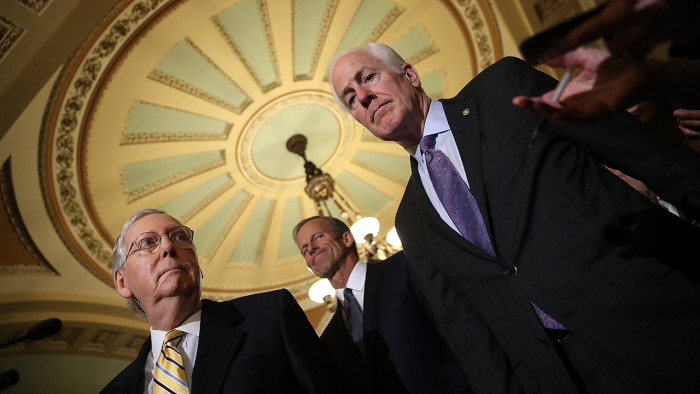By Sarah Carlon
Staff Writer
The economic theory of basic income revolves around giving citizens of a country an equal, periodic, and unconditional sum of money. Those who support basic income claim it is a more transparent system than existing welfare systems, and that it has the ability to reduce or even eradicate poverty in a country.
In January 2017, Finland decided to put basic income to the test, randomly selecting 2,000 unemployed people and giving them €560 a month, (around $645).

Kela, the Finnish Social Insurance Institution, developed, organized, and conducted the basic income experiment. Rather than aiming to provide a solution to poverty or help those without jobs back on their feet, the researchers behind the experiment were focused on its effects on incentivizing unemployed citizens to seek out employment (since they would no longer have to worry about losing their unemployment benefits the moment they got an entry-level job).
As stated in the official legislative proposal on basic income to the Finnish Parliament, “The primary goal of the basic income experiment is related to promoting employment. The experiment including follow-up research aims to find out whether basic income promotes employment.”
But rather than giving insight into the application of basic income, Finland’s experiment has hit snags that may render its final results completely useless. The most significant problem is that the originally proposed 2,000 test subjects has been changed to about one fifth of that number, making the test group and its results too small to be scientifically credible.
Another difficulty with the Finland experiment is that of the economy, which has experienced three recessions since the 2008 financial crisis and an unemployment rate of around 9 percent in 2015, when the experiment was initially introduced.
While Finland’s basic income experiment may have not gone as successfully as planned, it is certainly not the only basic income examination taking place in 2017. Countries such as Kenya, Canada, India, and even smaller areas like Oakland, California are planning on running basic income tests of their own in the near future.














